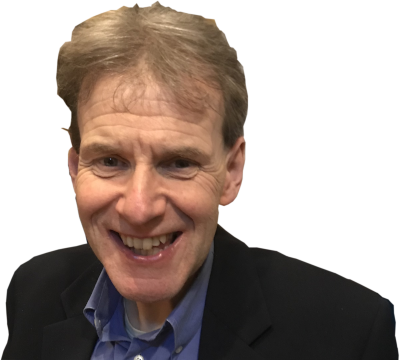search
date/time
 | Yorkshire Times A Voice of the Free Press |

Graham Clark
Music Correspondent
@Maxximum23Clark
3:59 PM 17th September 2025
arts
Interview
Peter Levy - Celebrating Fifty Years of Broadcasting
.png)
Peter Levy
Photo: BBC
The station was a small fish in a big pond, being up against the national radio pop music stations such as Radio 1 and Radio Luxembourg. What it lacked in size was compensated for with some fresh, exciting, and enthusiastic presenters, in particular Peter Levy and his weekday afternoon show, which for many became a not-to-miss program.
With his charm, style, friendly approach, and a touch of humour, he conducted interviews with many prominent figures of the day. His show had competitions; the first prize I ever won on radio was on Peter’s show – an album by an artist who has since sunk into pop music oblivion, unlike Peter’s career, which now celebrates its half-century.
.png)
A young Peter Levy
After four years, Peter moved across the Pennines to Radio City in Liverpool, but the call of Yorkshire was never far away. He returned to Radio Aire in Leeds for five years before joining the BBC, where he has remained ever since.
The move from radio to television wasn’t as instant as might be imagined. “I remember the headline in the local paper at the time, ‘Peter Levy goes downtown,’ in reference to my moving from Radio Aire in Burley Road to Radio Leeds in the centre of Leeds. Moving to Radio Leeds was quite a culture shock, and I only started doing television after a couple of months there.
Rather than being a planned move to television, the offer came out of the blue. “Judith Stamper, who was a newsreader on Look North, phoned me up asking if I would like to read the news on the programme as they were short of a newsreader. The fact that I always wore a tie seemed to hold me in good stead too! That was in 1987 – can you believe I have been doing the new bulletin ever since?”
In particular, the lunchtime bulletin became essential viewing and developed a cult following from students to pensioners due to the on-screen chemistry between Peter and weatherman Paul Hudson. Their banter and riddles resembled a classic comedy double act; however, viewers in West Yorkshire were soon deprived of their daily weekday dose of entertainment.
“The BBC decided that the region was too big to cover new stories, so they split up Look North into two editions: one for East Yorkshire and Lincolnshire and one for the rest of Yorkshire. When I moved to Hull, I missed working with Paul so much that I proposed he present the weather from Leeds and then include it in the middle of my bulletin, a practice we have maintained since 2002.
With many presenters seeing regional television as a stepping stone to appear nationally, Peter has remained in local broadcasting, something he feels passionate about.
“Regional broadcasting is very important to me; all of the local early evening news programmes across the BBC are the most watched news programmes on the station. At a time when you can Skype someone on the other side of the world, you suddenly care more about your area, which is why regional websites such as the Yorkshire Times are thriving, I think.
Because I’ve been doing this work so long, I have a lot of people who have been following me, and they regard me as a friend. I think that is a testimonial to the BBC and to regional broadcasting.”

Peter Levy
Photo: BBC
In a career that is now in its sixth decade, there have been many highlights for Peter: “Interviewing some of the acts that I grew up with, such as the Bee Gees, Tony Blackburn, Ken Dodd, Barry Humphries, and Michael Parkinson, and then later on, prime ministers from Harold Wilson to Rishi Sunak.” As a teenager who wanted to get into broadcasting, you could only dream about interviewing these people. I even got to meet the King and Queen earlier this year. How mad is that?
What many people do not know is that I did a cameo in every episode of Still Open All Hours and got to know David Jason really well. When I was younger I always watched Only Fools and Horses, and to think I ended up on screen with David was extraordinary.”
Since Peter's career began by playing the current hits of the day on local radio, did he still follow the music scene?
“I know very little about what is in the charts; I loved the sixties and, of course, the seventies music when I was on Pennine Radio. When I introduce a new song today on the radio, I’m not sure if it is the title of the artist or the name of the song,” he laughed.
Being a fan of seventies music, Peter was thrilled to get to meet one of his heroes – in all places, Bridlington. “Bjorn from Abba was in the town for a business day, and I got a chance to interview him. What an experience that was; such a clever man with his finger on the pulse.”
Retirement, it seems, is not on the horizon for Peter. “I have no plans to retire, simply because I love what I do. Once you get past seventy, which I will be on my next birthday, things start to go wrong with the body, so I am hoping I can continue for years to come. I would be lost without the viewers and also without doing my first love, which is broadcasting.”